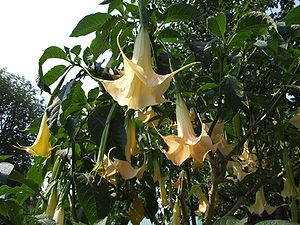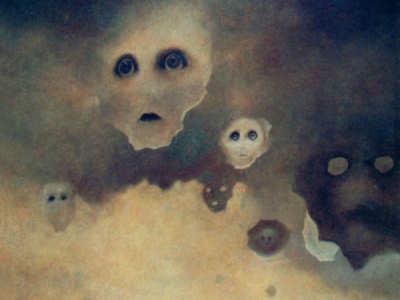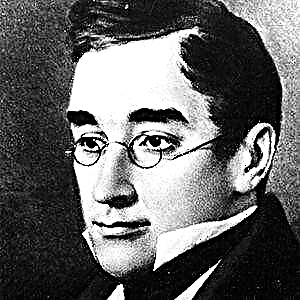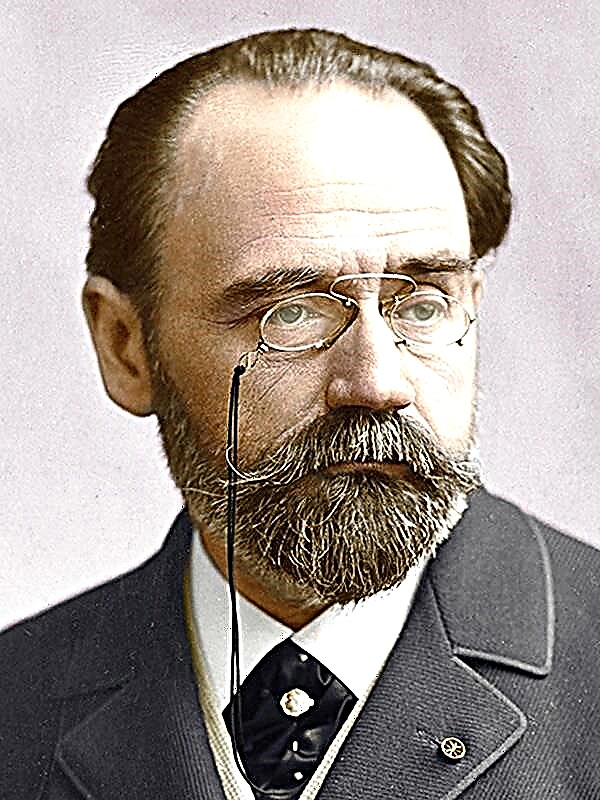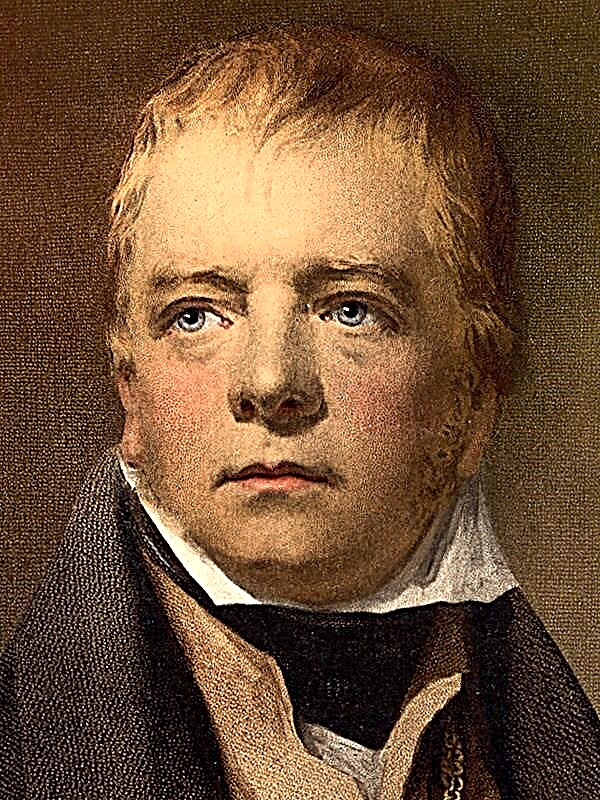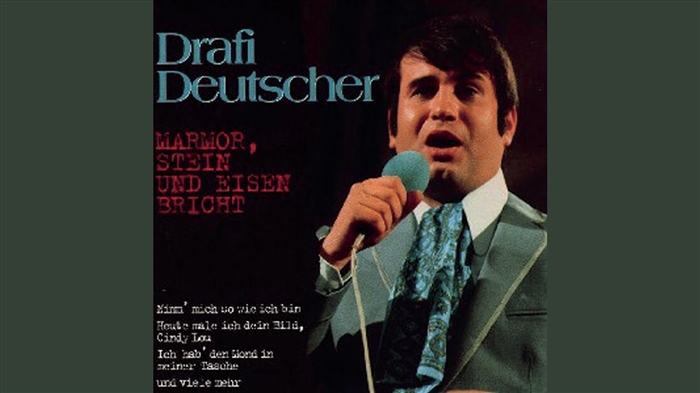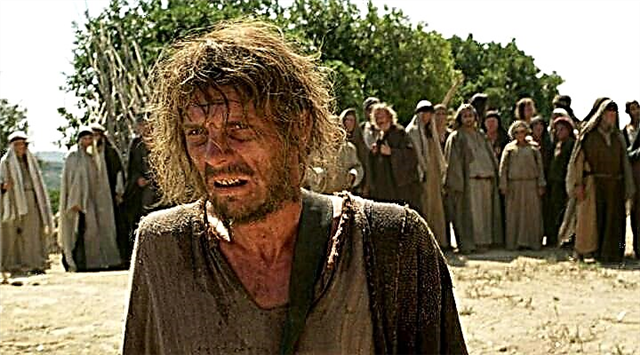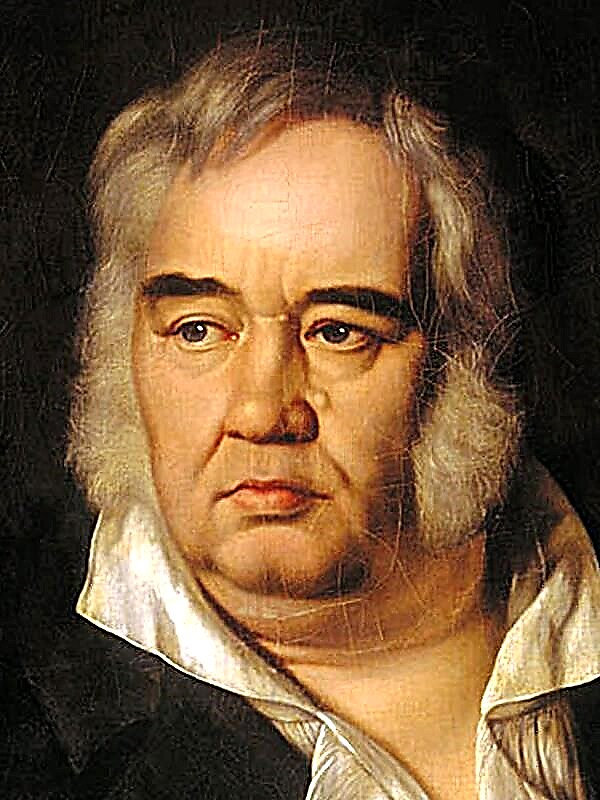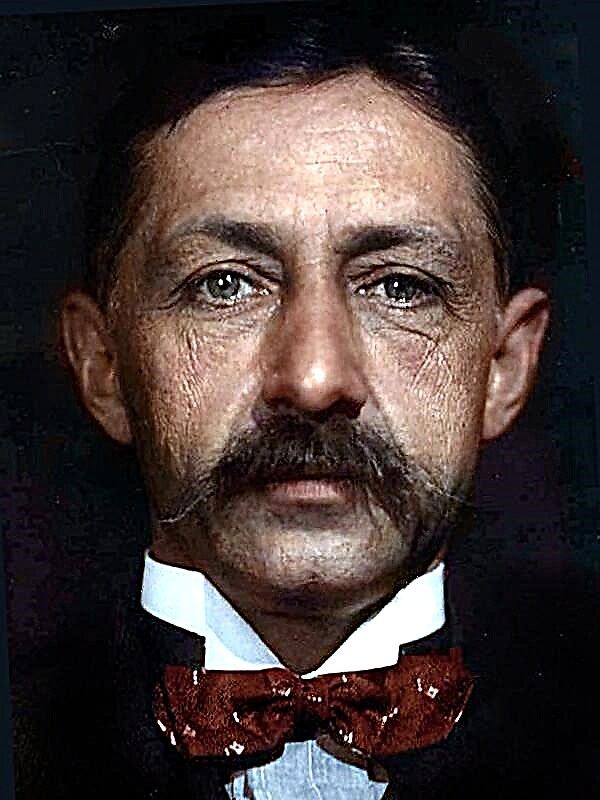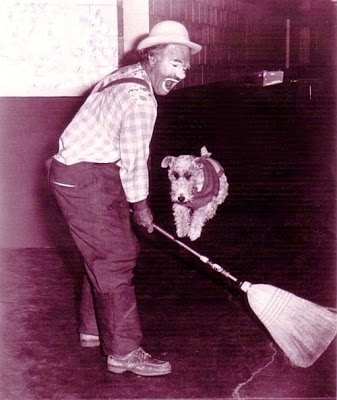(331 words) Female images in the works of A.S. Pushkin assigned an extremely significant role. They enclose a special world, contact with which often changes the worldview of other characters. The heroines of Pushkin are able to inspire love, and this love is endowed with properties transforming the human soul.
Reading the poem “I remember a wonderful moment”, it is possible to trace the effect of this transforming power. The poet’s soul awakens when a female silhouette, the image of a “genius of pure beauty” is outlined among the "gloom of confinement", "backwoods", "storms of rebellion". In Pushkin’s lyrics, female images are ephemeral, enriched. It becomes possible to depict their unearthly nature with the help of comparisons and analogies: “Toward northern Aurora, turn out to be a star of the north!” ("Winter morning"). The poet does not endow the heroines with specific traits, does not depict their portraits in detail, rather, depicts his personal experiences and feelings, his own perception of them. Female image of the lyrics of A.S. Pushkin can be described as collective, he has no prototype.
In the novel "Eugene Onegin" depicts three female images. Firstly, the mother of the Larins sisters. The author tells in detail about her degeneration from a dreamy girl, dressed “always in fashion and to face”, who loves Richardson, into a village lady who has forgotten “a corset, an album, Princess Alina, poems sensitive books ...”, declaring the habit to cause such a change. Secondly, Olga. In it many features of mother are distinctly guessed. The pretty, windy Olga was a muse and, like a bucket from The Bronze Horseman, the object of the tender dreams of one of the heroes of the work - Lensky. Thirdly, Tatyana Larina, truly a “Pushkin heroine”. Throughout the novel in poetry, the reader observes her transformation from a modest village girl into a strong-willed, majestic lady of a great light, for whom moral duty is more precious than love. A similar internal strength is noticeable in Masha Troekurova, the heroine of the Dubrovsky novel. She also grew up in a village, in solitude, among books, was just as meek and dreamy, waiting for her real hero. But at the end of the work, Masha showed herself as a girl with a strikingly strong character. She refused love because of duty, and this duty was also conjugal.
Female images in the works of A.S. Pushkin's are diverse and multifaceted, however, the seemingly fragile girl who has amazing stamina, will and morality takes the main place. She commits all her actions from the heart, loves in full force and suffers compromises with conscience.

